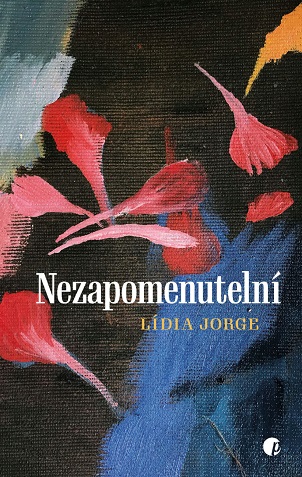Lídia Jorge
Those We Shall Remember (Os memoráveis)
PORTUGAL

BOOK

The flowers in the gun barrels are the only ammunition of the revolution, and they remain a metaphor for the fading memories of history. That is one of the motives of the novel, which focuses on Portugal´s Carnation Revolution of 1974. The book provides a literary reconstruction of the military coup that brought a non-violent end to one of Europe’s longest-lasting dictatorships in a single day. Decades later, three young reporters interviewed several direct participants in that momentous event. In doing so, they allude to the oblivion into which the actors of the revolution fell in their country, the underestimation of their roles, and sometimes stories of disfavour and ostracism. The participants’ and reporters’ families’ stories mirror Portugal’s fate: past, present, and future.
Published by Protimluv, 2024
AUTHOR

© Sophie Bassouls
Lídia Jorge (* 1946) is one of the most important Portuguese writers of our time. She has won numerous awards for her work, most recently the Médicis Prize (2023). She wrote, among others, the novel The Murmuring Coast (A Costa dos Murmúrios) (1988), reflecting her personal experience in Mozambique, one of the first works of Portuguese literature to draw thematically on the colonial war, which became the subject of the 2004 film of the same name, released under the title The Murmuring Coast. Those We Shall Remember (Os memoráveis) is this author’s first novel published in Czech.
TRANSLATION
Lucie Luz


